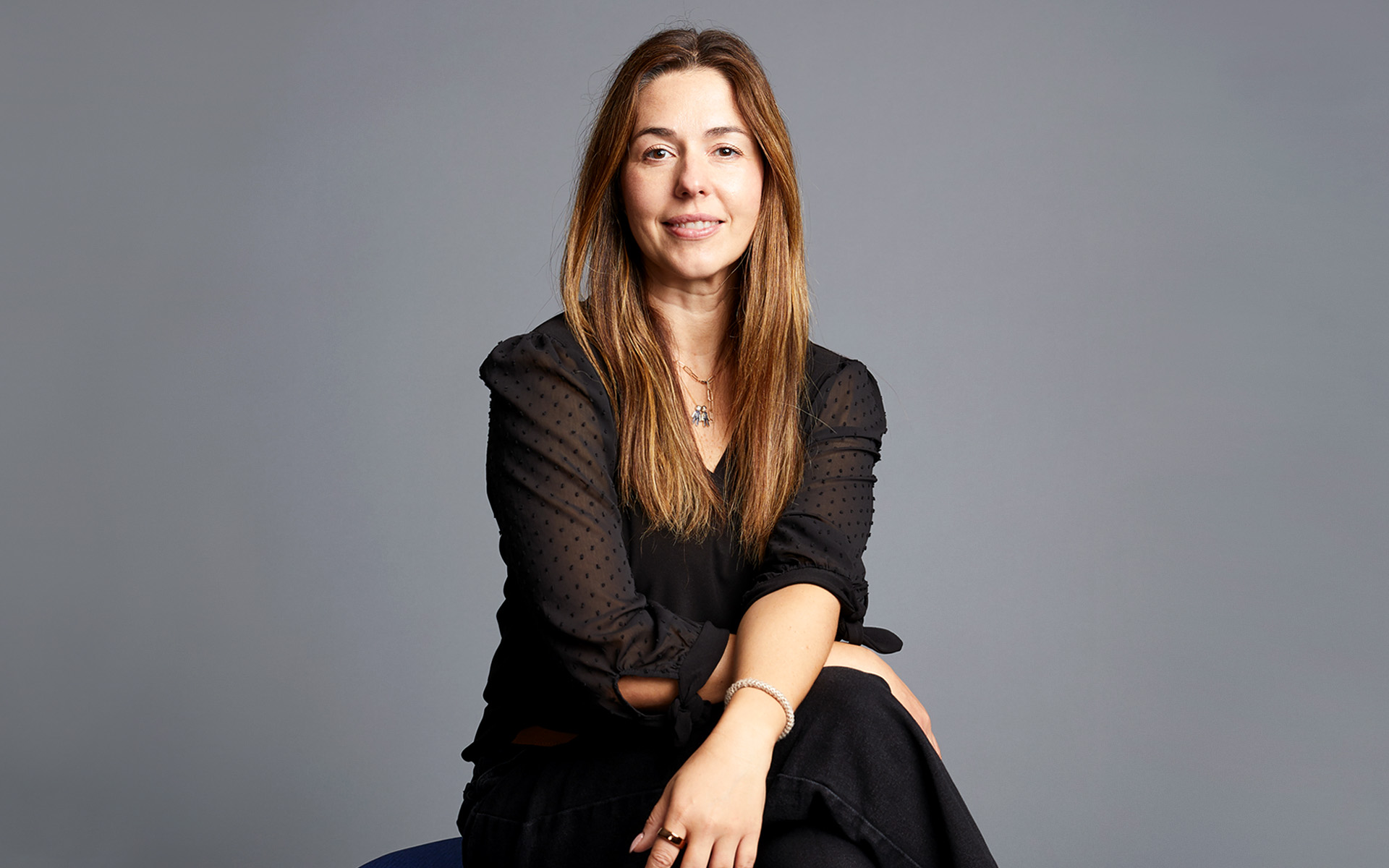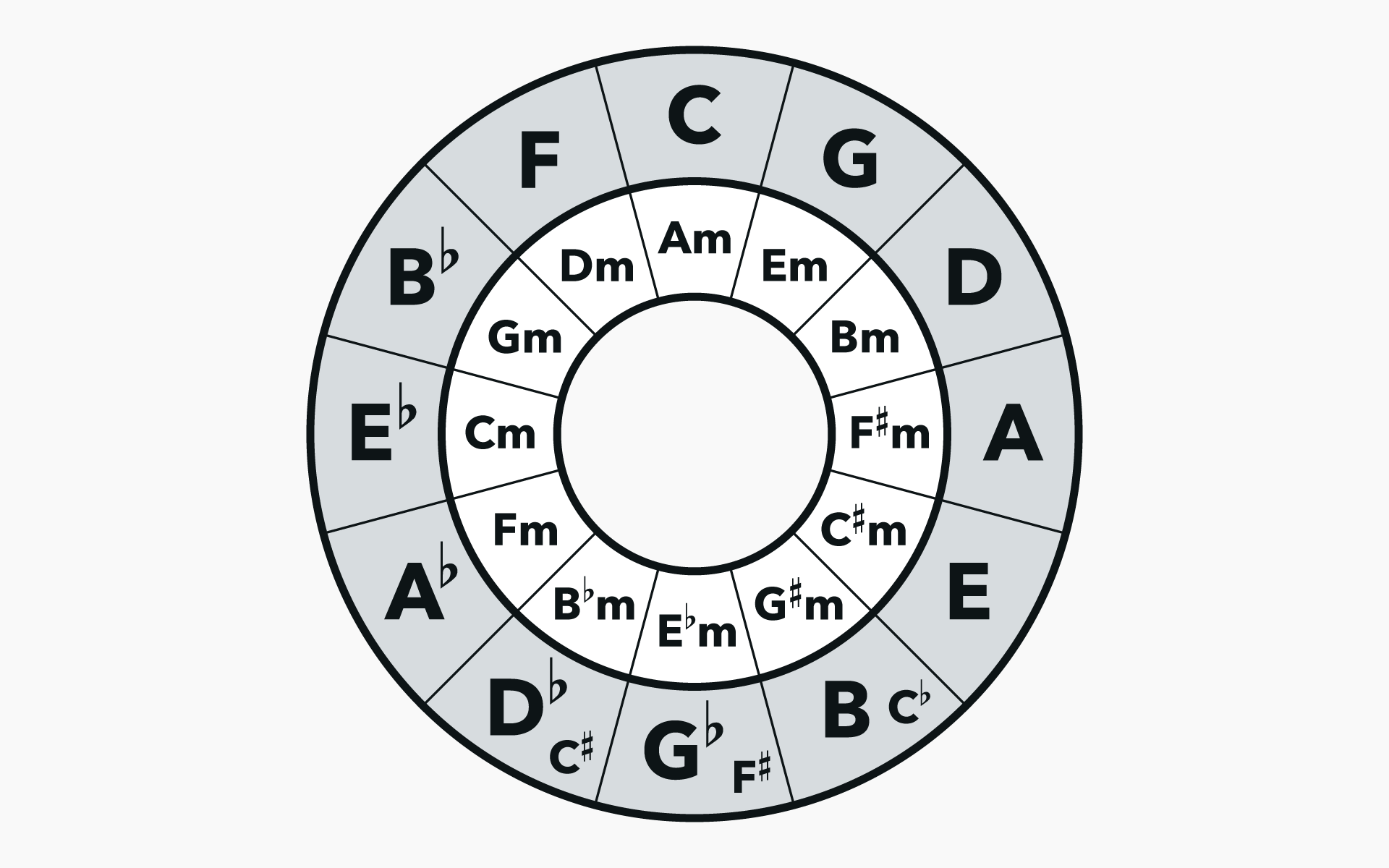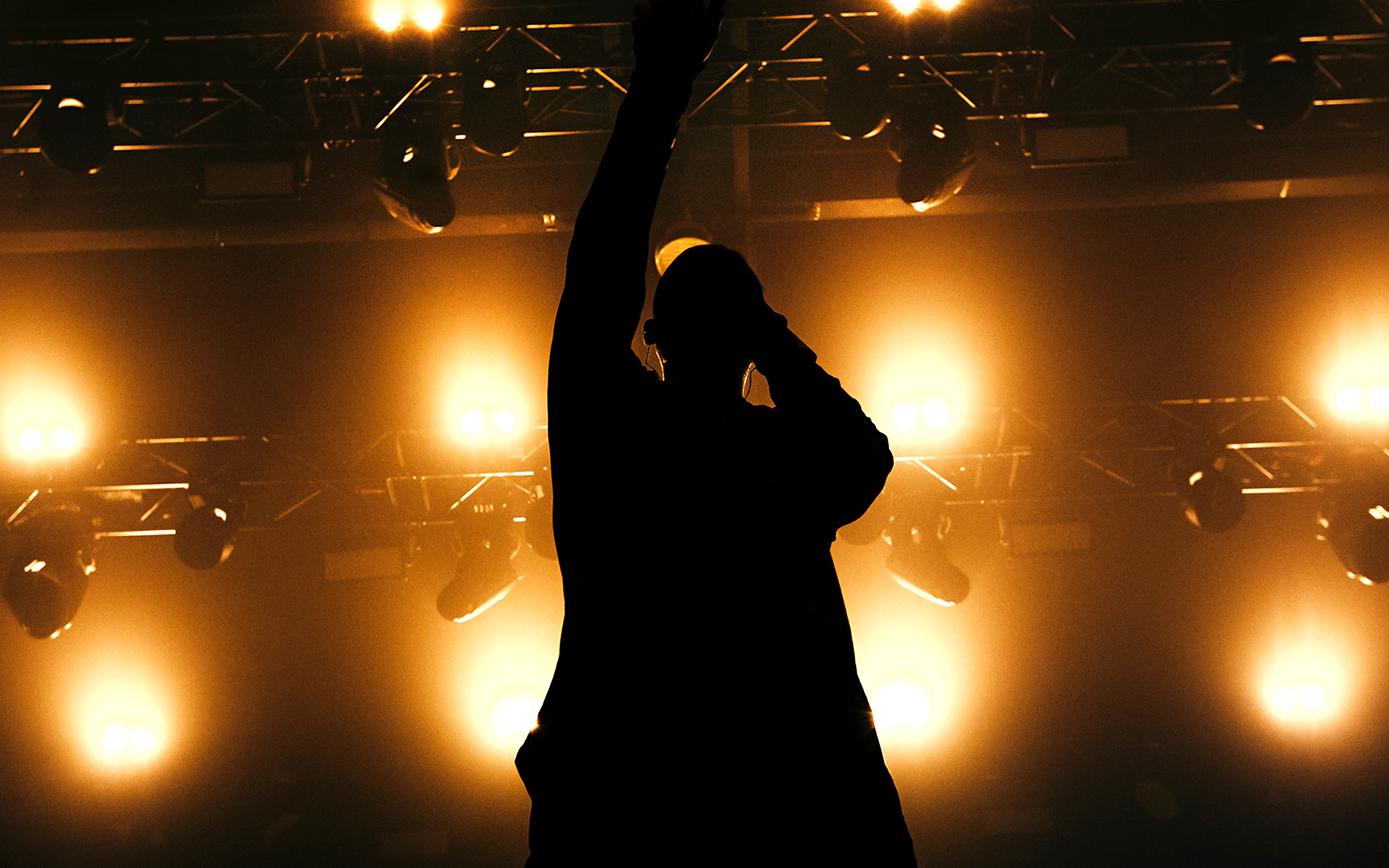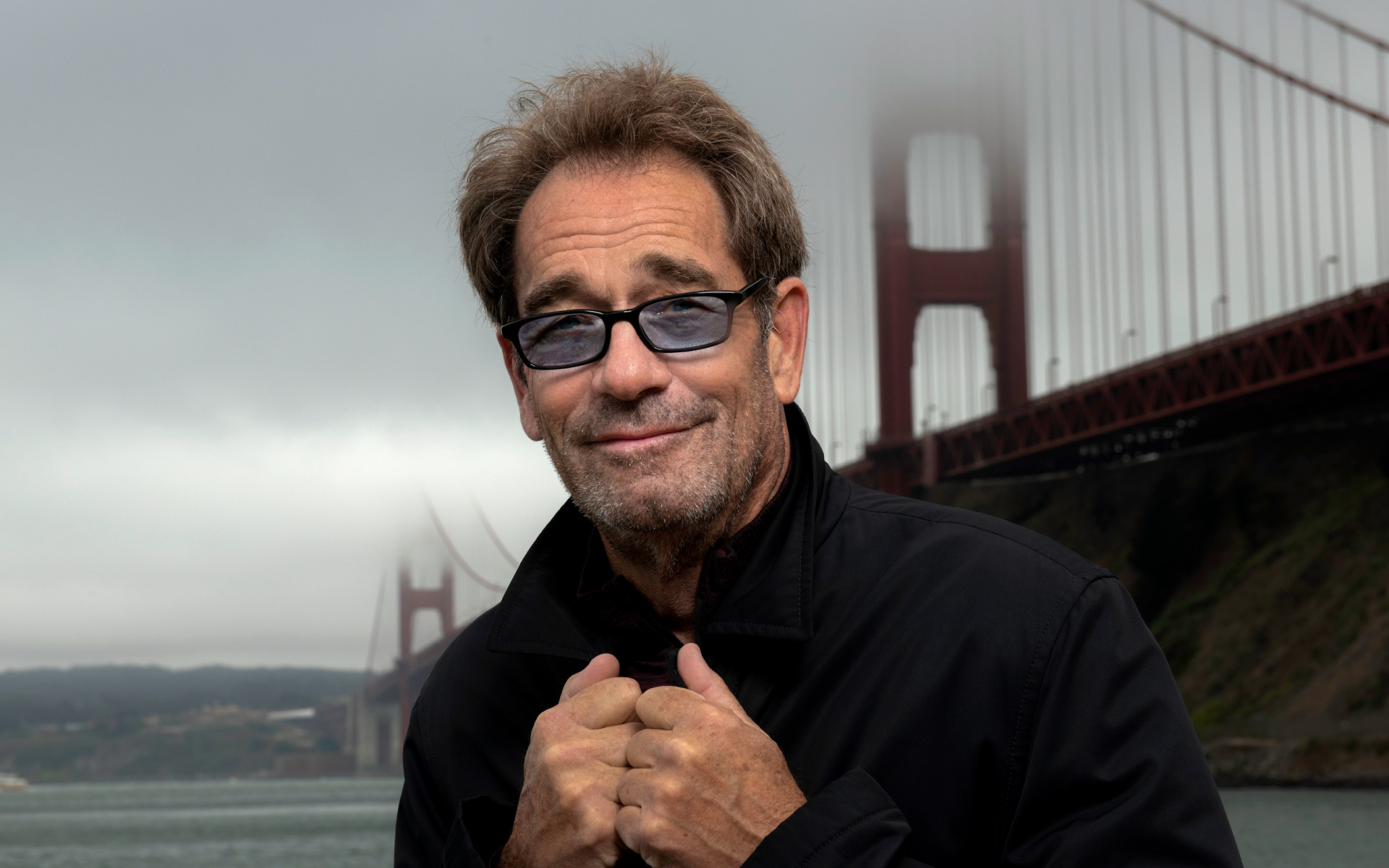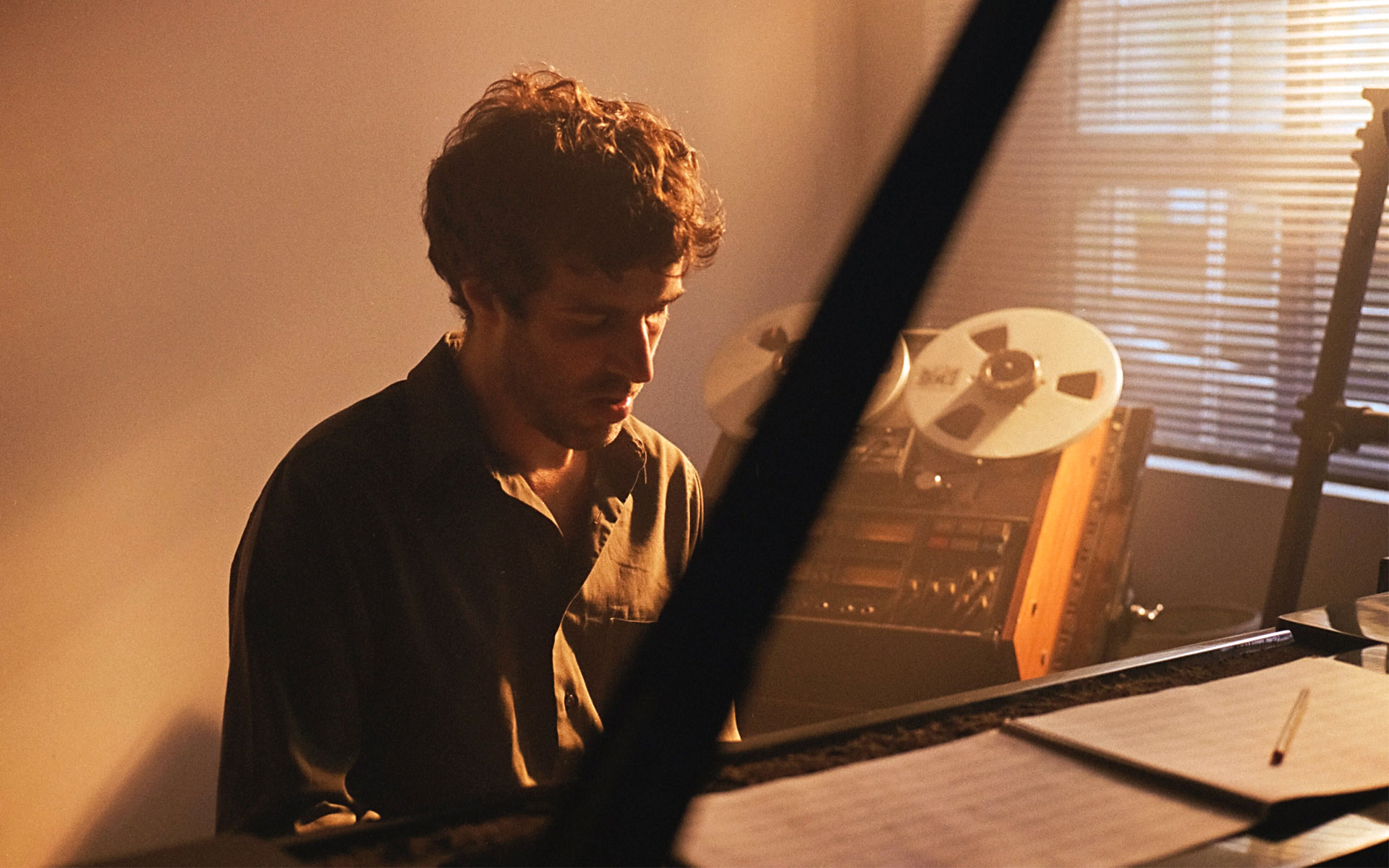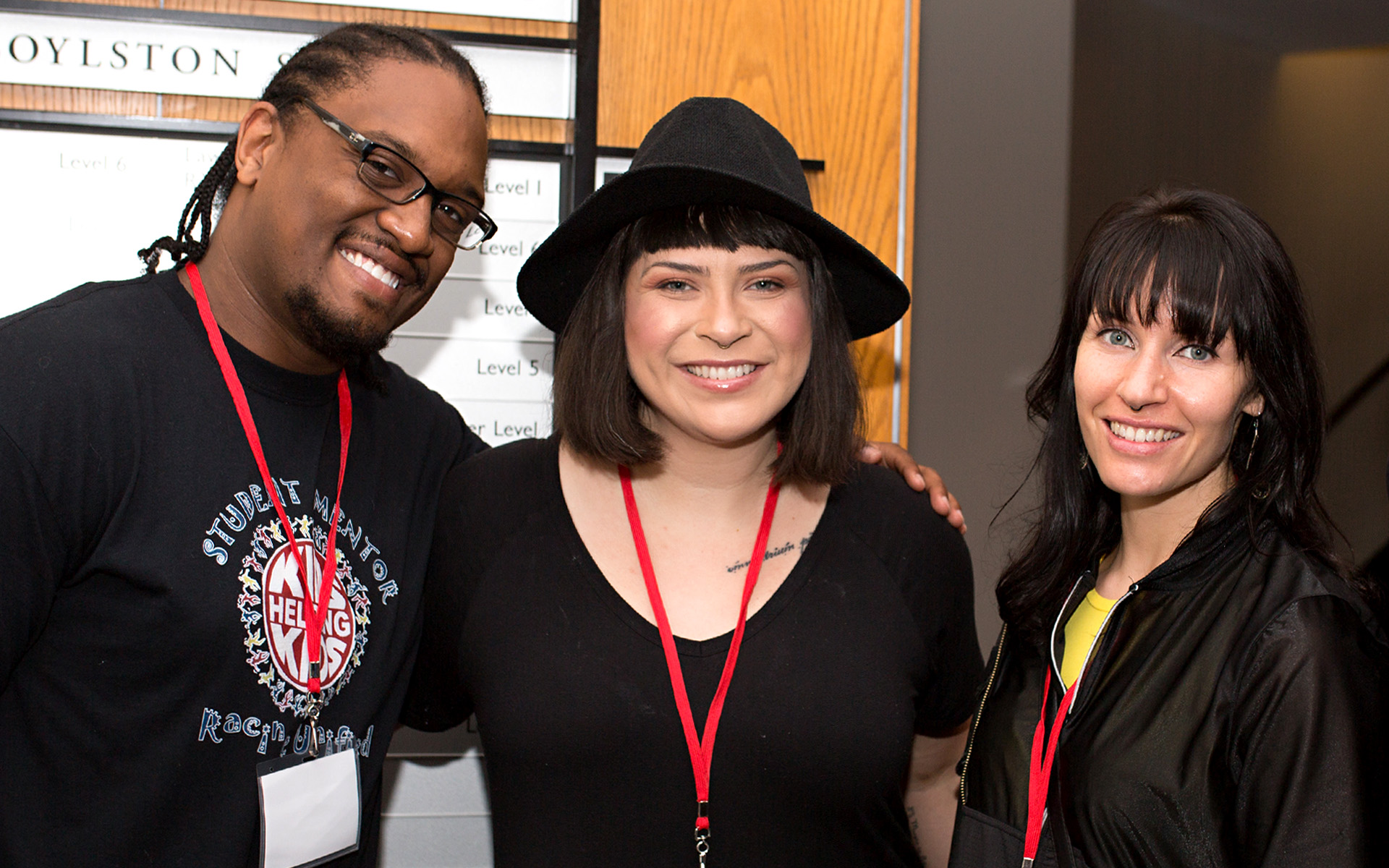Before a film even starts shooting, Aitor Etxebarria has already started creating a sonic world. He asks the director for examples of books, photos, architecture, or any form of art they enjoy and uses them as inspiration for their film’s score. A former student in Berklee Online’s Film Scoring 101 class, Etxebarria is the composer of the recently released Netflix series Intimidad. In this interview he discusses his creative process and his experience working in the film industry, as well as the music he made long before he started composing for film under the name El_Txef_A.
Is the creative process of making music for film different from composing with no visuals at all?
Aitor Etxebarria: I mean for sure it is not the same thing, because when you are creating the soundtrack for a film or series … sometimes you forget about your mind and you are working from the mind of the director and the art director and the showrunners. When I’m doing my own music, it’s more like having the conversation with yourself. You are just working with your inner self and talking a lot with yourself. Doing the creative process for films—I always love to be super involved, and if I’m okay with the schedule, I love to read the script and create a sonic world before they start shooting. Sometimes they can use these soundscapes and give them to the actors or actresses. I’m bit crazy about that—I love to be involved from the beginning of the process.
Would you say that when you’re composing for someone else’s project, you have to disengage from your own ego?
Aitor Etxebarria: Yeah. The thing is you need to do something that they like, but also that you will be comfortable with. I always try to do the best thing for the film so that people can better understand the dialogues, the plot, etc. I mean, sometimes it’s difficult because maybe they can say, “No, here I want a mellow piano” and blah, blah, blah. And you can try to fight that and show them something different. And sometimes they can agree and think, “Ah, okay, this is cooler than I expected.”
Are these discussions you have with a director similar to ones you would have with your band? There are certainly compromises to be made in both situations.
Aitor Etxebarria: Yeah, for sure, it’s the same thing, because in a band if you are going to be a leader, you need to also understand the other band members. And I think it’s also important to not be an asshole or be super selfish. You need to do your work well, but I think in this industry it means a lot to be chill, and always open for a discussion, and not in a bad mood. For me the mood with a director or the production team is really important. If it’s good, I think you can work a lot better and feel more comfortable asking things because if not, you can feel a bit shy and not reach out. I love to have a familiar kind of mood with the team.
It’s difficult to have something like that on a bigger production, but on this last project for Netflix, which is a huge company, everything was super smooth. We talked a lot with the direction team and as I said, it’s super important to be in a good mood. Just like in a band, because if you don’t have a good connection with the members, I think that the music will, you know, sound like shit.
You were born in Guernica, which is close to Bilbao, where you now live and where the show takes place. Do you think the familiarity of the location helps you create a more intimate feeling with the creation process?
Aitor Etxebarria: Yeah, for sure. Also the architecture and everything was something unique. For me the architecture and the lines of the city and the river are connected to the music, which is definitely connected to this city because I live near some locations of the show. I’m always riding my bike near the Guggenheim. On the first meeting, I remember that I showed the director some drafts that I did on the script, and he said, “Wow, this sounds like some kind of water or river.” I was like, wow. I think it was something like magic. Like, wow, this sounds like it’s coming from the brilliance of the Guggenheim and everything. Maybe I don’t even think about it, but now that you said this maybe it influenced me.
I noticed in one of the scenes you used a track from your Nihilism Part 1 album from 2019. How often do you give yourself license to borrow from your own work and how often you decide just to let the visuals inspire you?
Aitor Etxebarria: I like to experiment by putting in some songs of mine from the past. There are times when I compose something, which I think is so great for a scene. And then I put the music on the image on the screen and it’s like nothing happens. And then you just put something old of yours and it simply works.
There is sort of a rusty texture to that music which really intrigues me.
Aitor Etxebarria: Yeah. That’s why I say that the architecture inspires me a lot, because I prefer rustiness over plainness. I love huge walls, but not so soft. And on this series, I thought that it was super important to add a dustiness to the music, because it is aggressive, the things that happen to the characters, but it’s not this kind of aggressive show that there is a violation or a fight—it’s more psychological/mental. The music had to be in the right textural spot. Not so soft, not so aggressive.
When you’re composing for a show that parallels between two different characters, do you find yourself using different themes and instrumentation for each different character? Or do you care more about what’s happening in the scene?
Aitor Etxebarria: That’s something that is apparent in the books. It’s great to have a specific key for a character, a specific instrumentation for a character. In this series, what I did was try to connect the flashbacks using the same kind of instrumentation on those scenes, but not strictly, because sometimes it helps, right? Because in the beginning of the first chapters it can be really confusing like, “Whew, where am I? Is it the past, is it the present? What happens here?” So with the music, maybe using the same textures for the flashbacks and these kinds of tiny things can help to connect with an audience. But then in chapter five, I feel more free to change that idea.
I like how you are interested in every aspect of a film in order to compose music. But how do you exactly translate those feelings?
Aitor Etxebarria: I think it’s more than feelings, in my case everything is more focused on aesthetics. I think it’s better to have an aesthetic connection between everything: the lights, the music, the characters. In my opinion it’s better for the show. I also do a main piece on the piano, and then deconstruct it to synths, harps, etc. And that helps it to have a sort of range, like, “Maybe for this scene I use this specific melody on a piano, then later on I move it to the bass, and it won’t feel disconnected because it sounds familiar to the audience.” I also think it’s important to have three or four chords that appear frequently on the series, so then you can play around with them using different instrumentations, but it still sounds as if it’s coming from the series.
Would you say that the tight schedule of TV production helps you force something out of yourself?
Aitor Etxebarria: Yeah, for sure. Maybe if you don’t have that deadline, you will be thinking and rethinking forever. But when you have that and you can say, “Okay, something needs to work here by this week. And now I’m on something else.” … I had a kind of chaotic life with el_txef_a for years, not having a special routine. But for me it (having a routine) helps. I love to be working every day from the very beginning of the morning. I like to go do some sports if I have the time and then come to the studio and work in the morning, take a break at lunch time, and then work again. Because sometimes you don’t know what can come out of you.
How did the Berklee Online Film Scoring 101 course help you?
Aitor Etxebarria: It was super helpful because I studied at the film school here in the Basque Country, in Spain. We touched on some details about scoring and we did a final short film and everything. But the thing is that I was already working on composing for cinema, and I did one series, two feature films, and three documentaries before doing the Berklee course. But then it helped me a lot with classical details such as sync and sync points. I already had an idea about those things, but now I’m more aware of the situations as I’m working.
I think I learned the classical vision of scoring that I didn’t have. And now I think I have my chaotic own vision of scoring combined with the foundation that’s needed. And I’m really proud that I did the program, because I was 35 years of age, again studying and doing tunes and everything and I didn’t know if I was ready. I was kind of scared about it, but it ended up being super helpful.
You said you’d been working in the industry for some time. How did you first become involved? Is being at the right place at the right time an important factor? Or is it perseverance?
Aitor Etxebarria: I think it’s word of mouth. I mean the first friend that I knew from film school called me. “I’m doing a documentary in LA.” And I said, “Wow, what a dream for me.” I always dreamed about doing music for films or for TV. And I did a great job apparently because they called me from Mute Records in London. And it was like a utopia. I didn’t know anyone there and they had these great composers which included Jóhann Jóhannsson and Nick Cave. And it was great, because they loved my score. And now they are my representative/manager. But what I’m trying to get to is that it’s all basically word of mouth. Of course you need to do good, be a good human being, and work a lot. You need to be enthusiastic, trying to learn every day. But in cinema it’s a lot of word of mouth, and it’s important that people are comfortable working with you. Of course you need to make good music and work well, but I think it’s super important to be a good human being. I mean, if you are the best, maybe you can be an asshole, but if not …
What is your advice for aspiring composers, trying to get into the film industry?
Aitor Etxebarria: In my experience, what I did was to be involved. Be involved with people, be involved in the art in general. Because maybe in doing music for an art exposition of a friend, you can go there and find a guy that is doing a short film and, “Hey, I need some music for a short film.” … So, I think you need to start doing any work that inspires you, anything. And then be humble and do your best and try also to erase your ego.
I have a huge respect for the showrunners, directors, and producers, because they are working on a project for maybe five years before they even start shooting. Then you are like almost the last person that enters. … This is not your album. This is not your record. … You need to show them your vision of the arts, because maybe musically speaking you have a greater vision of the concept of the film. But apart from the music, there are another 30 artists working at the same time. So you need to be super respectful. And I think the best advice is to be involved in all of the stuff. And don’t be afraid of doing weird things. If it works with your aesthetics and the director’s aesthetics, I think it’s great.
STUDY FILM SCORING AT BERKLEE ONLINE

